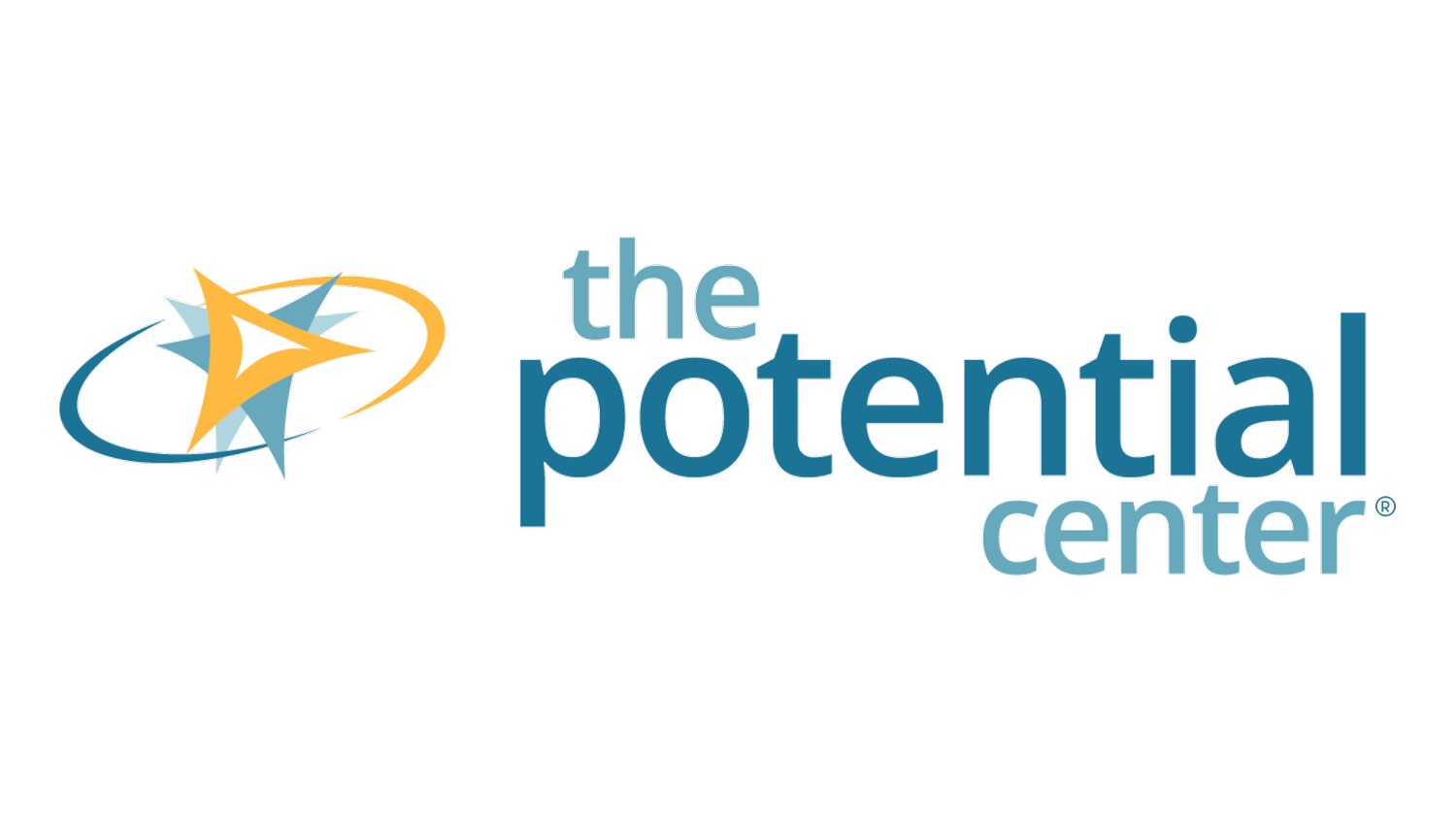Implement or Innovate?
Do we implement? Or innovate?
Implement or Innovate?
The 4th and final phase of Light Bulb Thinking™ is where you decide to either implement your chosen solution, or develop it further as an innovative product, service, or operational system. Most likely you won’t be able to make this decision until you’ve completed the first two phases, and possibly not until after you’ve completed the 3rd. The exception is that you decide in the planning phase that you’ll settle for nothing less than an innovation!
How to decide
In some cases it’s obvious that, by making people and budget available, you can just go ahead and implement the solution. In this case there’s no need to do extensive research, prototyping or testing.
In other cases, however, you may come to a fork in the road where either approach could work.
The trick in being able to easily make the decision to move from just creating one iteration after another, to instead having a game changer is to follow a process before making that decision.
Following a process frees up our mind to focus on the important stuff, rather than try and figure out “ok, what do I do next?” I created Light Bulb Thinking™ specifically to give you a framework to follow so that you and your team can focus on the art of creative problem-solving. Whether you use this model or another, be sure it provides enough of a road map so you can focus on getting from one stop to the next until you reach the point where you can make that decision.
Here’s an example of how one company addressed the challenge of whether to implement or innovate…
Some years ago growth at Intuit, creator of the Quicken product range (QuickBooks and TurboTax) had slowed to the point that the company’s leaders realized they needed to move beyond incremental implementation and strive instead for innovative breakthroughs. VP of Design Innovation Kaaren Hanson formed a team of the best thinkers in the company, who in turn served as innovation coaches for the company. As a result, Intuit produced not just a few, but 18 new mobile apps in only two years. The business world took notice and the company made it onto Forbes’ list of the world’s most innovative companies in 2011.
In intentionally moving away from implementing rolling iterations to consistently coming up with innovations, the company’s creativity was re-ignited and Intuit recaptured its culture of innovation.
What we can learn from Intuit
1. Innovation doesn’t have to be scary or risky; nurturing a culture of creative thinking is a proven way your organization can up its game.
2. With the right training and encouragement, anyone can learn to be a creative problem-solver. This training can come from outside providers like The Potential Center™, or from staff already skilled in the art of creative problem-solving teaching their colleagues how to develop these skills.
BTW, there’s absolutely nothing wrong with incremental improvements – steady and focused development has long been an acceptable strategy. If you are innovation-curious, however, I can help you assess whether it’s an option now or in the future.
Light Bulb Thinking™
With the right support, any organization, team, and individual can learn creative ways to solve problems. At The Potential Center™, our mission is to simplify the creative problem-solving and innovation process so you can address urgent, pervasive and expensive problems. All while building better working teams.
Light Bulb Thinking™ demystifies and systematizes the creative problem-solving and innovation processes to open the door to fresh ideas and creative strategic solutions.
Subscribe to the blog here.
…And help colleagues and friends that would also appreciate a creative perspective on solving problems – forward this post :).
I’d be happy to have a conversation if you’d like to further explore a particular concept, or if you’re stuck on how to make the shift towards more creative problem-solving in your organization. Contact me at Ellia@ThePotentialCenter.com and we’ll arrange a time to talk.


